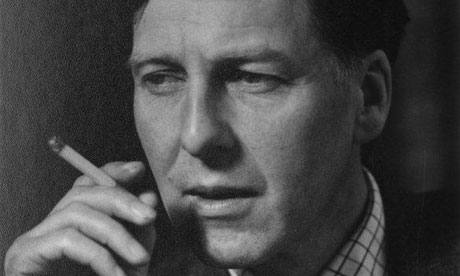The obituary emphasizes his importance as a (or "the") historian of chivalry:
Mr. Keen wrote or edited almost a dozen books on the Middle Ages. But “Chivalry,” published in 1984, was his most influential because it so sharply redefined medieval court life, challenging a view that had been dominant for hundreds of years.In that view, chivalry was a code of behavior that emerged in the 12th century as a kind of self-improvement guide for men — who spent a lot of time killing — seeking to familiarize themselves with Christian values and humane principles and become gentlemen. It promoted fair fighting, for example, and the protection of women and children.
“Keen said that that was true enough, but only part of the picture,” said Clifford Rogers, a professor of history at West Point. “His great insight was that chivalry was synonymous with the law of war — an international body of law agreed upon by the aristocratic classes across just about all of Europe, from the 12th to the 15th centuries.”Mr. Keen’s book was among the first to “cut through all the stuff about courtly love and show that chivalry was an important part of the social history of warfare,” said C. Stephen Jaeger, a medieval historian and professor emeritus at the University of Illinois.
I am surprised that he was only 78.

How old would you have been when you first read him?
ReplyDeleteActually I saw him speak on his chivalry research at Toronto in the early 80s, and he looked pretty old to me -- and I was no kid then. BTW it was a great talk on the "Tournament of Chauvency," which inspired me to buy "Chivalry" at the UC Berkeley bookstore ($25 at a time when money was tight). One of those little turning points in my career).
ReplyDeleteI'm sorry to read of his death. I wonder if smoking contributed to his passing. I do believe I read Chivalry but I should revisit it as my mind has since got filled with thoughts about verelles and other details.
ReplyDelete'It is an important source book on the roots of military culture and the social history of warfare, he said — although, he added, “I find myself disillusioning my students year after year when they discover chivalry wasn’t what they thought it was.”'